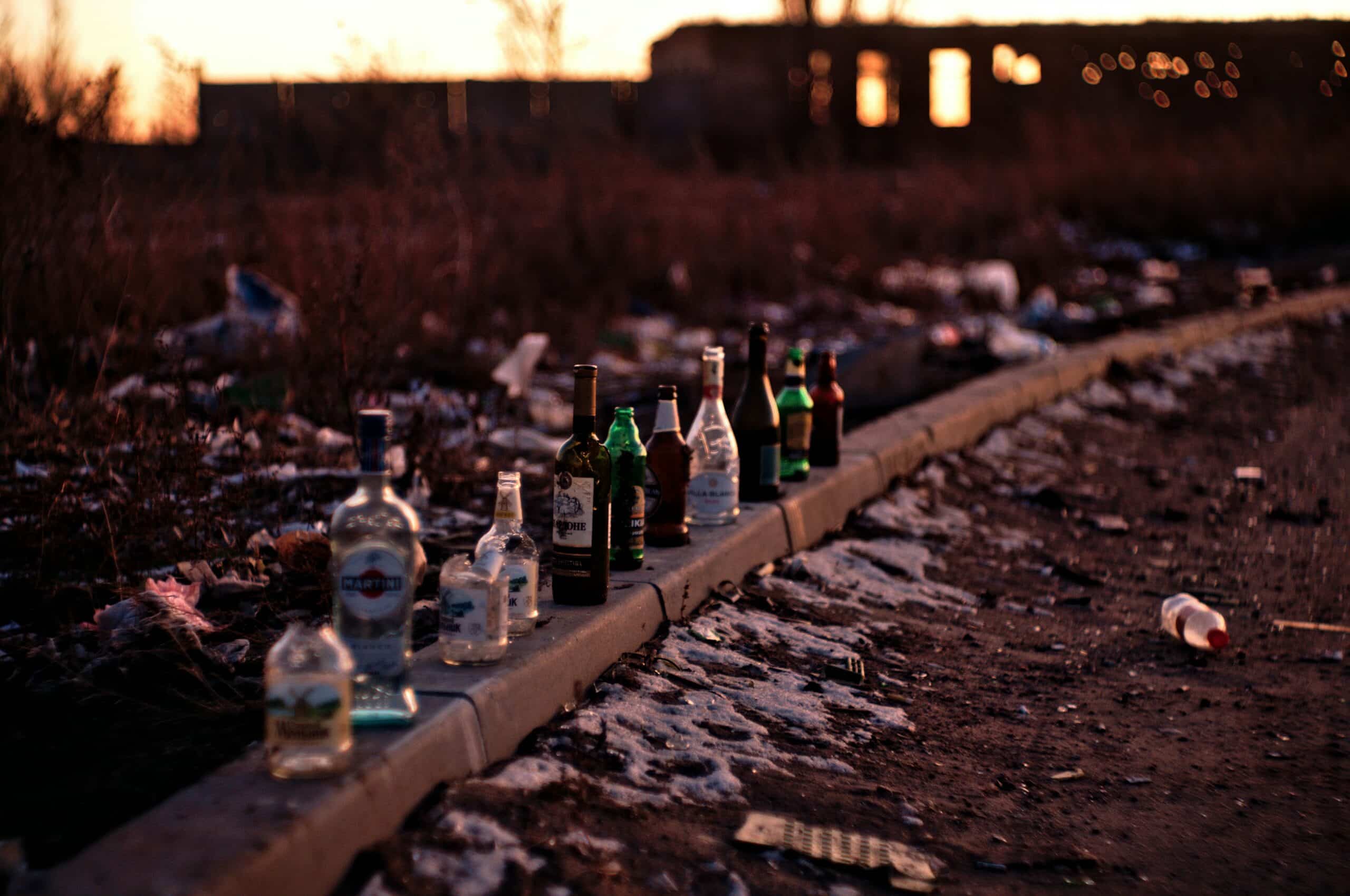Why I quit drinking in my twenties
A story of sobriety that doesn’t involve rehab, police, or addiction.
I stopped drinking alcohol a few months ago; and in the time since, many friends have questioned my decision—some out of curiosity and others out of concern. To their point, people often talk about sobriety as a consequence of some wildly unsustainable lifestyle. It’s a decision that people come to after they wake up naked on a golf course in Louisiana or pass out in a ditch on their way home from Applebee’s. It’s not the sort of life decision you expect a 22-year-old to suddenly embrace—particularly when their relationship with alcohol was, by most standards, completely healthy.
Sure, I got kicked out of a bar once for using a guard rail as a stripper pole, and yes, I complained and left a horrible Yelp review at 3 a.m., but those experiences are as fundamental to your 20s as learning to do your taxes or sleeping on a futon. Even the most reserved people in my family have a brand of liquor that they’ve sworn off because at some point in college they “took it a bit too far” and passed out on the football field. But while those experiences were painful and embarrassing at the moment, they routinely cite them as proof that—despite their sensible footwear and Toyota Sienna—they were, at one point, wild and fun.
My decision to quit drinking wasn’t inspired by some emotional intervention or criminal record. I didn’t get a DUI or wake up naked on a golf course in Louisiana (it was Brampton, and I had my socks on). I just realized that the consequences of alcohol weighed heavier on me than most other 22-year-olds. In retrospect, the three-day panic-inducing hangovers should have clarified this for me, but despite the obvious warning signs I never considered quitting as the solution; if you had suggested it at the time, I would’ve looked at you as though you just advised someone who’s choking on a chicken bone to “spit it out.”
Part of this oversight was because my relationship with alcohol was framed by representations in popular media, so my idea of an “alcohol problem” was characterized by police stations and abusive parenting. What I later realized, however, is that alcohol problems can also be subtle and individual. You don’t need to be dependent, abusive, or dying of liver failure to have an unhealthy relationship with alcohol. In fact, if it poses even the smallest challenge to your general well-being, surprise, your relationship with alcohol isn’t healthy. But because drinking is so ingrained in western society, you’re only encouraged to quit after you’ve hit rock bottom—but what about preventative changes?
If anything is a testament to alcohol’s entrenchment in western society, it’s that you can’t stop drinking without people asking questions. Imagine if whenever someone announced that they started a new workout or tried a new diet, people were genuinely confused and demanded to know why. I’m certain that fewer people would make either of those changes if they felt like they required a signed doctor’s note to excuse their behaviour. When you assemble an inquisition into someone’s sobriety, you’re treating their decision as atypical, which is maybe not the wisest in a world where alcohol kills more people than guns and car crashes combined.
People reacted this way because when I announced I stopped drinking, they felt involved in my decision; even if they were entirely supportive, a part of them heard, “I don’t want to go for drinks with you anymore, and you can forget about me giving a toast at your wedding.” To be fair, almost every social relationship in my life involved alcohol, so people worried, naturally, that my decision to stop drinking would disrupt these relationships. And to be honest, I worried about that too.
How would I catch the attention of my future wife by twerking at a nightclub if I wasn’t absolutely hammered? And how would I talk to her without at least three shots of whisky to ensure I didn’t default to talking about how Revenge of the Sith is criminally underrated? How would I continue to make memories with my friends if all the ones we cherish required twelve shots of Jager and a 6 a.m. bedtime? Popular media suggests that relationships—romantic or otherwise—depend on alcohol, so when I stopped drinking, I worried I’d given those up too.
But it’s now been four months since I spent a morning with my forehead on a toilet seat. Four months since I starfished on the living room floor because, well, I wasn’t in the shape to do anything else. For four months since I had had an unrelenting hangover, an abusive bar tab, or a moment of sober regret. I feel I’ve found consistency in sobriety. And if you’re like me, and your hangovers insist on also involving panic attacks—because headaches and nausea aren’t enough—consider maybe taking a break. You never know, it might be a welcome change.

